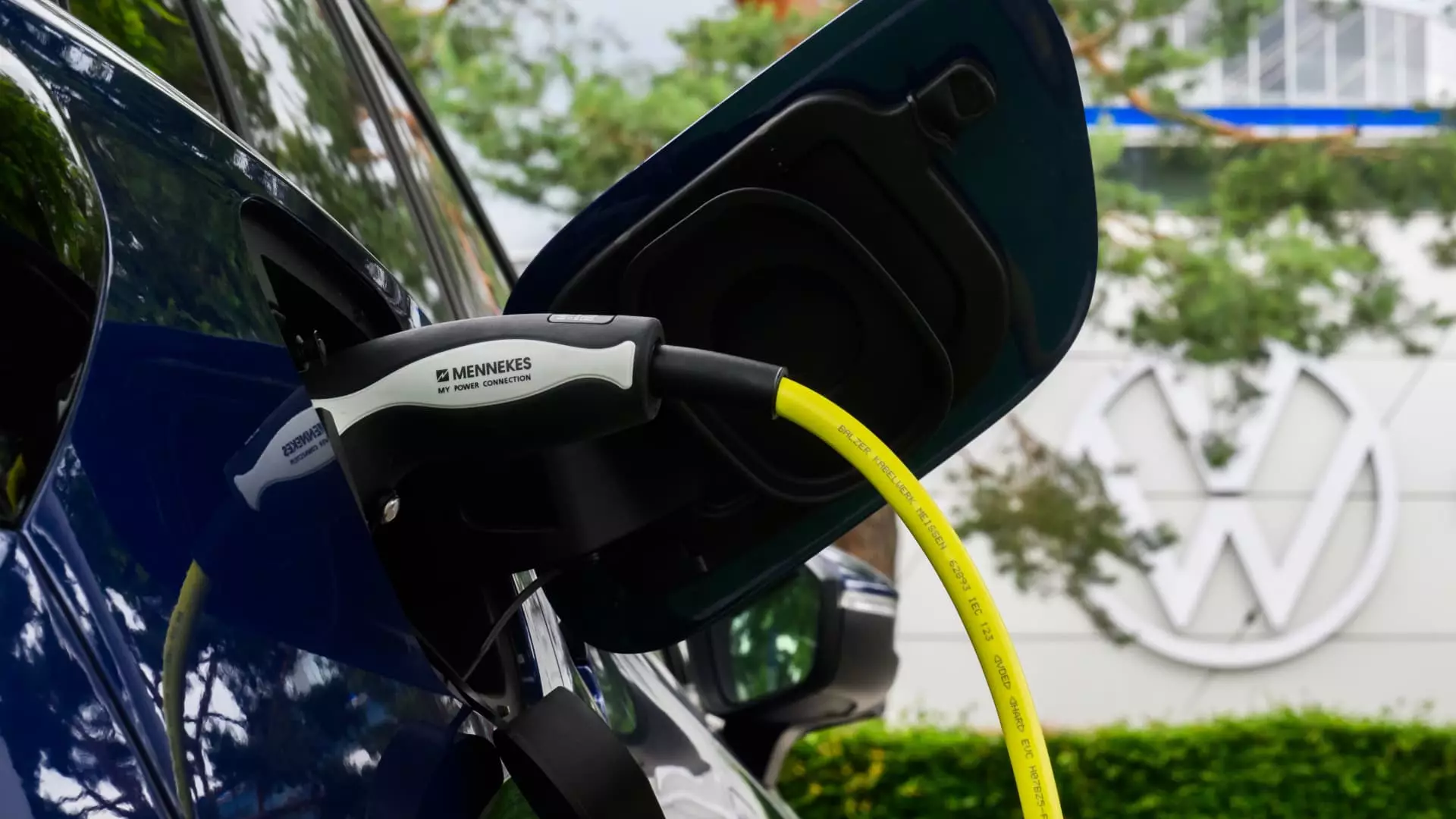European car giants, including Volvo Cars, Volkswagen, Ford, and Mercedes-Benz Group, are facing a plethora of challenges on their journey towards full electrification. One of the major setbacks is the delay in meeting the electrification targets set earlier by these automakers. Volvo Cars recently announced a shift in its plan to sell only EVs by 2030, citing the need to be more flexible and pragmatic due to changing market conditions. This change reflects a common trend among manufacturers who are struggling to keep up with the pace of the transition to electric vehicles.
Among the challenges faced by European carmakers is the lack of affordable electric models and a slower-than-anticipated rollout of charging infrastructure. Volvo Cars highlighted these issues as major obstacles in achieving their electrification goals. The transition to fully electric or plug-in hybrid models requires a significant investment in both developing affordable EVs and building the necessary infrastructure to support them. Without these crucial components in place, the mass adoption of electric vehicles will be hindered.
Government regulations and tariffs have also become a source of concern for European carmakers as they navigate the shift towards electrification. Countries like the U.K. have introduced mandates that require a certain percentage of new car sales to be zero-emission vehicles, with the goal of phasing out internal combustion engine vehicles by 2035. These regulatory measures aim to reduce pollution and promote the adoption of electric vehicles, but they also pose challenges for manufacturers in meeting these stringent targets.
One of the critical challenges faced by European car giants is the resistance from consumers towards electric vehicles. Despite the push towards electrification, many consumers are hesitant to transition from traditional petrol vehicles to electric ones. The lack of understanding and awareness about EV technology, coupled with concerns about charging infrastructure and range anxiety, has contributed to a slow adoption rate. Additionally, the industry’s over-enthusiasm for BEVs has led to a disconnect with mainstream consumers who are reluctant to change their driving habits.
Despite the challenges and uncertainties surrounding the electrification of the automotive industry, analysts agree that carmakers cannot afford to ignore the shift towards EVs. While some European carmakers have delayed their transition to electric vehicles to maintain profitability and flexibility, the overall direction of travel remains clear. The pressure to meet environmental regulations, reduce emissions, and stay competitive in the market will continue to drive the transition to electric vehicles. As the industry grapples with these challenges, the need for stronger government policies, investment in affordable electric models, and the expansion of charging infrastructure will be crucial in accelerating the adoption of electric vehicles in Europe.


Leave a Reply